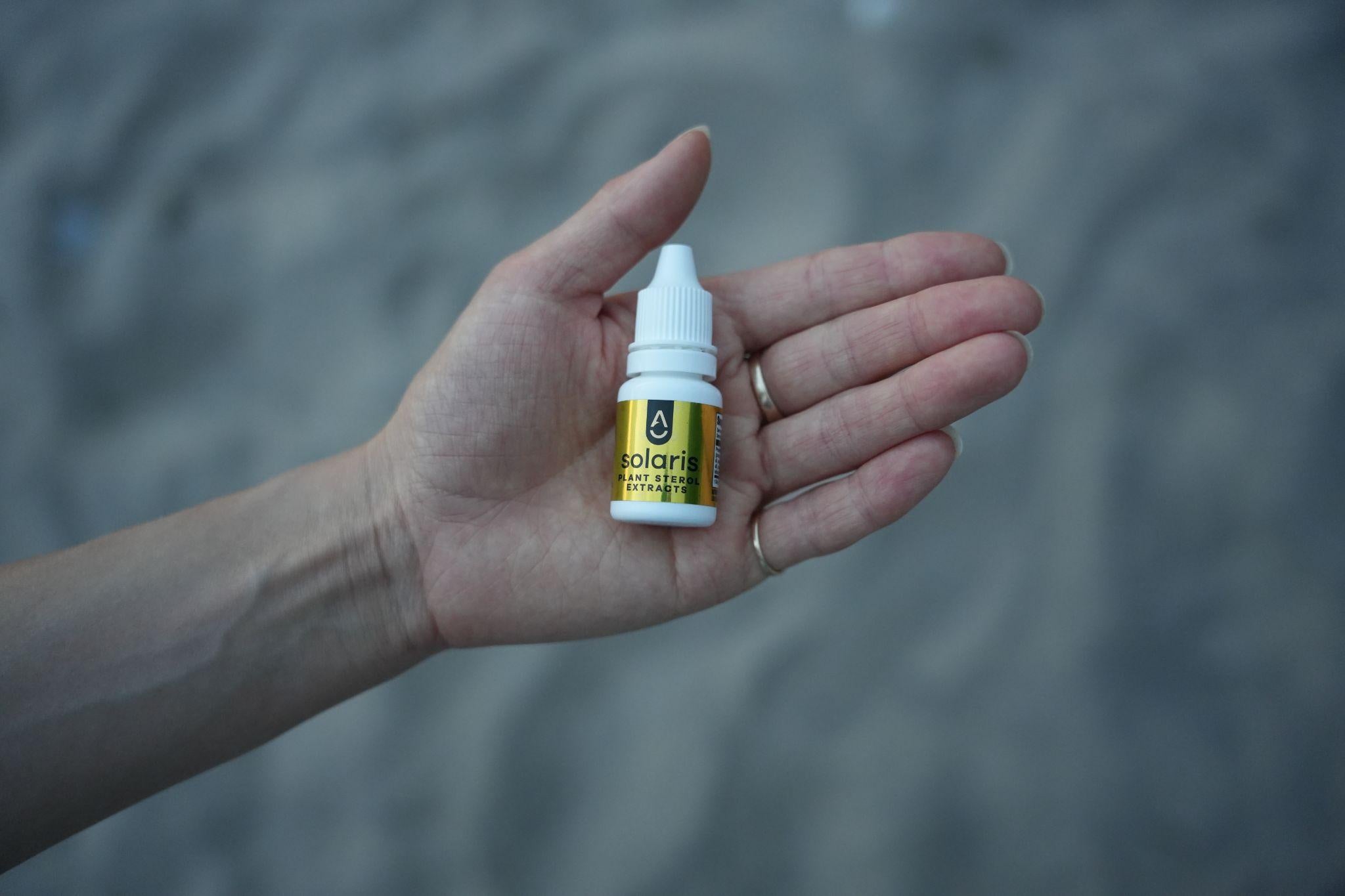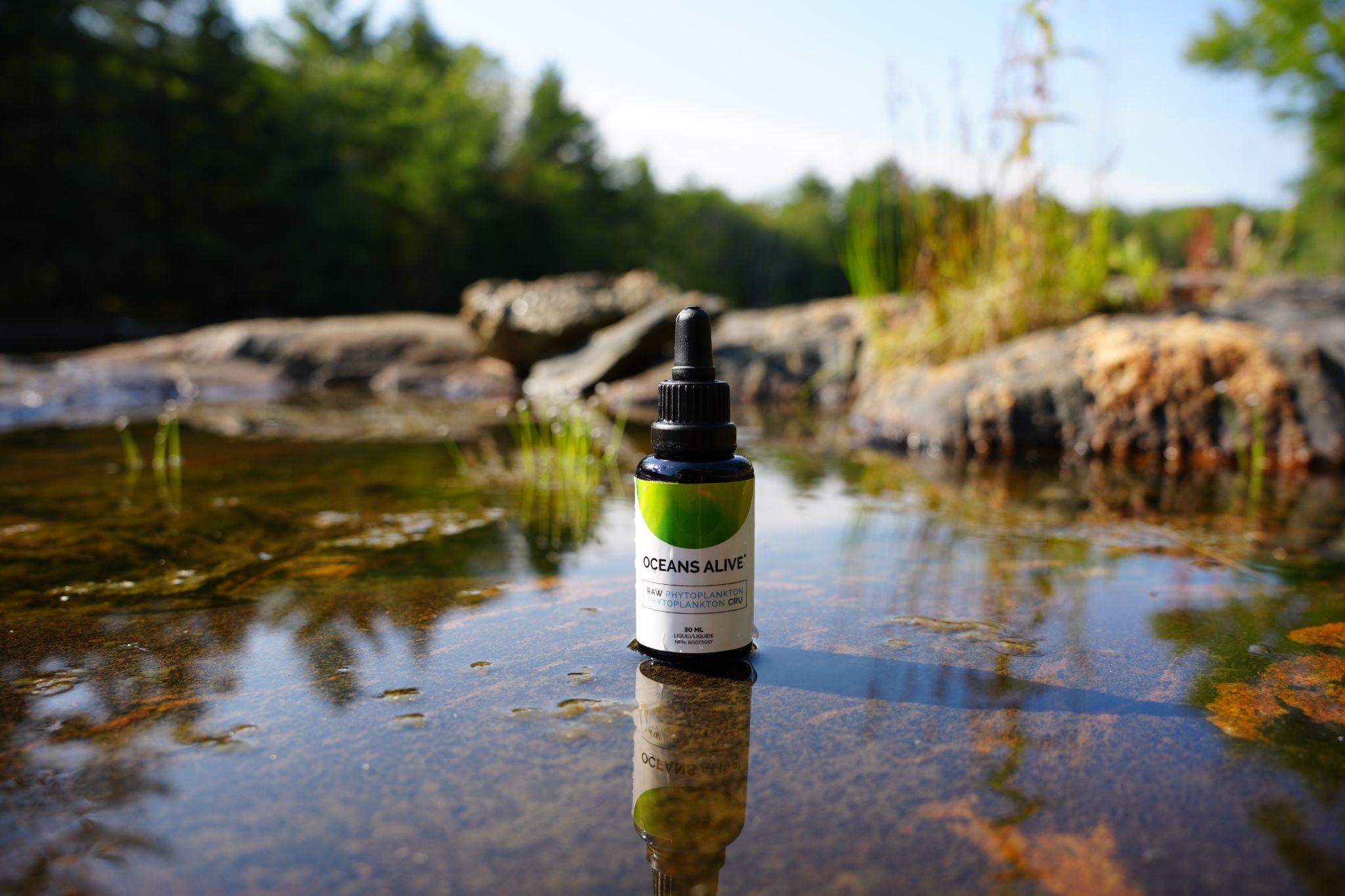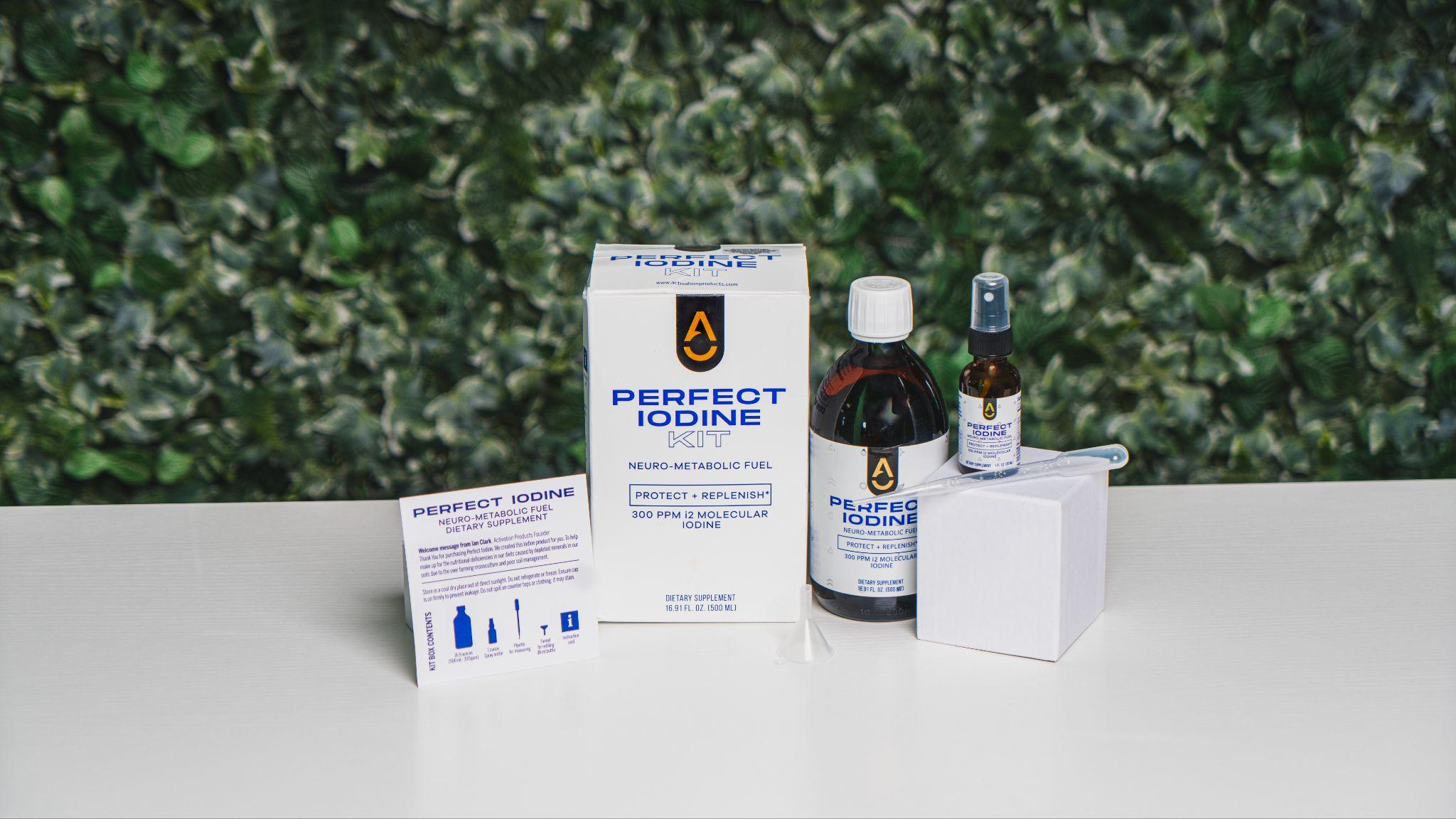
A healthy gut is the foundation of a healthy body.
Many common health conditions are linked to poor gut health, such as diabetes, obesity, irritable bowel syndrome, depression, and rheumatoid arthritis. Your immune system depends on your gut’s health for support.
Your gut health depends on bacteria. The environment in your gut, including the bacteria that live there, is called your microbiome (micro = small + biome = community). Microflorae is a fancy word for the bacteria themselves.
A healthy microbiome, where friendly microflora thrive and bad bacteria don’t require two things. You need an environment that friendly bacteria like and you need those friendly bacteria themselves to live there.
That’s where prebiotics and probiotics come in.
Read on and all will become clear.
Prebiotics: Feeding Your Healthy Gut Bacteria
Healthy bacteria live in your gut already, helping to digest your food and keeping bad bacteria out.
Prebiotics are good bacteria food. The more food there is for them to ‘eat’, the more good bacteria there will be.
BodyEcology.com makes a useful comparison: “Think of a fish tank: to keep your fish healthy, you need to keep their environment clean and give them food. Microflora are very similar: they need water and prebiotics (food), and since they are anaerobic, they do not like oxygen.”

Prebiotics are fibre that the human body cannot really digest, but your gut flora can. There are many foods that have prebiotic fibre in them and supplements are widely available too, so it isn’t hard to make prebiotics a part of your regular routine.
You may be getting plenty of them already! Foods like raw onion and garlic, peaches, grapefruits and beans all have prebiotic properties.
Beyond the gut
Beyond benefits to your gut, prebiotics can have a positive effect elsewhere in your body.
A specific kind of prebiotic, called inulin, can boost your heart health. Your cholesterol and triglyceride levels can be properly balanced by eating prebiotic foods, which can reduce your risk of heart disease.
Prebiotics can also help to boost your white blood cell count, improving your immune system function. There is even some research to suggest that they might improve your body’s response to vaccinations.
Obviously, prebiotics are excellent for your intestines and your overall digestion. Conditions such as Crohn’s disease, leaky gut and irritable bowel syndrome can often improve with the introduction of prebiotics to your diet.

The origin of good bacteria
Where do your good bacteria come from?
When babies are still in the womb, they don’t have any bacteria in their guts. It’s not until they are born that they begin to develop a microbiome.
New research is painting a clearer picture of how this happens all the time. Scientists have discovered some amazing things in recent years. For instance, it seems that how babies are born can affect the microbiome: a C-section birth can mean that a baby doesn’t get the bacteria from the birth canal that a baby born naturally does.
Breastfeeding is another way that babies get good bacteria from their moms. Even the urge to kiss your baby is nature’s way of encouraging you to share your healthy bacteria with your newborn so that their immune system can start to develop.
As babies move through the world, growing and touching and tasting everything from their pets to the dirt in their backyards, they take in bacteria that starts to colonize their guts. Much of it is good and necessary.
Bad bacteria
Of course, there are plenty of bad bacteria out there and we all know that kids are prone to picking them up too. In a newborn, with only a fledgling immune system, bad bacteria can be scary and dangerous. By the time they are in preschool, these same kids have immune systems that can fight back and infections are less serious.
An adult with a strong and robust microbiome will have fewer infections and illnesses and will bounce back faster from the ones they do have.
Unfortunately, bad bacteria are living the good life in most people’s bodies these days. Many of us are short on good bacteria to begin with because of things that kill them (like antibacterial soaps and sanitizers, and antibiotic drug over-prescription) and lower intake because of pasteurisation of foods that used to provide us with good bacteria (like sauerkraut and fermented pickles, for example).
Plus, the bad bacteria are feasting on all the starch and sugar that are so common in the modern western diet.

Feeding the good
So, you eat those prebiotic foods we talked about and they make a happier place for the bacteria you’ve got to live. Multiplying the healthy bacteria you’ve got is good, but adding more kinds of bacteria to your system and then getting them to multiply is even better.
That’s where probiotics come in. Probiotics are friendly bacteria that you can eat or drink so that they will colonise your gut.
By introducing more beneficial bacteria to your gut you’ll crowd out bad bacteria, improve your digestion and boost your immune system.
How can you boost your probiotic levels?
There are a few ways to increase the number of bacteria in your gut and avoid wiping them out:
From food
Get friendly bacteria from food. Look for natural, organic sources of probiotics, e.g. food made using live bacterial cultures. Fermented and unpasteurized foods go beyond the standard yoghurt approach. This will help to widen the range of bacteria strains that you bring into your microbiome.
Fermentation is becoming a trendy hobby these days. There are many great books, online communities and blogs that can help you get started fermenting your own food. It’s easier than you might think. Vendors at your local farmer’s market may sell unpasteurized home fermented goods if you don’t want to DIY.
Also, the ‘cleaner’ your diet is overall, the better your gut health will be. Think lots of fruits and veggies and keep sugar and refined starches to a minimum.
From probiotics
Take a probiotic supplement. This is by far the easiest way to bring more good bacteria into your body. As with any supplement you take, you need to make sure you do your research.
Make sure you get a probiotic that is live, which you can find in the refrigerated section of your health food store. Look for a quality brand that has been tested for its probiotic efficacy. The more strains, the better.

By avoiding antibiotics
Try not to take antibiotics unless they're absolutely necessary.
While antibiotics are highly effective, they can also lead to a number of unpleasant side effects. One of these side effects is the death of a large amount of ‘good’ bacteria, causing a bacterial imbalance in your gut. This, in turn, causes several common antibiotic side effects. This is simply because, along with killing harmful bacteria (as was intended), antibiotics also destroy many of the important, beneficial microorganisms that make up the intestinal flora and help digestion and good health.
Remember that a virus (such as a cold or the flu) cannot be treated with antibiotics. Doctors often prescribe these things because they feel pressure to prescribe “something” even though they can’t actually kill viruses.
With natural cleansers
Switch to natural soaps and cleaners instead of antibacterial ones. It’s easy to fall for clever advertising and buy strong antiseptic cleaners that you don’t actually need. Antibacterials kill off all types of bacteria, destroying the healthy bacteria on your skin and in your home.
They also contribute to the creation of resistant strains of the bad guys, aka ‘superbugs’. Good old fashioned soap is usually more than enough. Choose basic soap and water hand washing over hand sanitizers too whenever you can.
Taking probiotics and taking steps to protect your microbiome can improve more than just your gut health and digestion. These simple steps are also beneficial for your urinary health, they can reduce the occurrence of allergies, support your immune system, prevent or help with obesity and prevent yeast infections.
Prebiotics + Probiotics + Coriander Oil = Happy Gut
While we're talking about gut health and the benefits of pre- and probiotics, I can’t help but talk about coriander. Coriander is the seed of the cilantro plant. Many people enjoy both the seed and the leaf in a wide variety of recipes, from salads to curries to tacos. It also has many benefits for your health, especially the health of your gut.
Coriander oil is healing for your intestinal lining and contributes to an ideal environment for healthy gut bacteria. This makes it an excellent companion for prebiotics and probiotics.

Recent research has also shown that coriander oil can help with the absorption of omega-3 fatty acids. This is significant because studies demonstrate that omega-3s help probiotics attach to the intestinal tract.In other words, combining your probiotics with omega-3s helps them to be more effective and adding coriander oil to the mix ensures that you are getting maximal absorption of the omega-3s.
A smoothie with prebiotic fruit (like grapefruit or peaches), probiotic yoghourt, flax oil for omega-3s and coriander oil might just be the perfect gut health breakfast!
Healthy digestion and a strong immune system never tasted so good.
Discover more about organic coriander oil.
Related Links:
http://www.marksdailyapple.com/prebiotics/#axzz4Go0NweK9
http://www.todaysdietitian.com/newarchives/120914p12.shtml
http://bodyecology.com/articles/prebiotics_essential_to_heart_health.php
http://paleoleap.com/need-know-prebiotics/
http://wellnessmama.com/2303/stinking-gut/
http://www.besthealthmag.ca/best-eats/digestion/the-foods-to-eat-for-a-healthy-gut/
http://www.besthealthmag.ca/best-eats/digestion/how-to-choose-the-right-probiotics/
http://www.foodmatters.com/article/6-healing-benefits-of-probiotics
http://www.motherearthliving.com/health-and-wellness/healthy-gut-bacteria-zmfz15mjzhou.aspx
http://www.nutraingredients.com/Research/Omega-3-and-probiotic-mixture-may-have-benefits






Marine Phytoplankton: The Mother of All Superfoods
How to Get the Best Night's Sleep